The disturbing truth
Friday, 08.03.2002.
11:13

The disturbing truth
Judge Danica Marinkovic, formerly investigating judge of the Pristina District Court, reacted to the Humanitarian Law Center (HLC) press release on the murder of Kosovo Albanian politician Fehmi Agani by accusing the HLC and its executive director, Natasa Kandic, of lying. According to Judge Marinkovic, Predrag Nikolic and Zoran Dzeletovic, who were police officers in Kosovo and to whom I referred in connection with the murder, performed their duty "honorably" and Agani was killed by the Kosovo Liberation Army (KLA). In her defense of these two ex-police officers, she asserted that members of the force once saved my life in a Kosovo village during the NATO bombing in spite of my working against them.In an effort to clarify the murder of Agani, I shall set out facts that will show beyond doubt just how "honorably" the cited policemen did their job in Kosovo. On 6 May 1999, the day of Agani's murder, Predrag Nikolic and Zoran Dzeletovic killed five members of the Blakqori family - Miradije (54), Fehmi (60), their son Labinot (14), Mahmut (56), and his wife Sabile (59) - on the rail track from Lipljan to Kosovo Polje.
The Pristina Police Department filed criminal charges against Nikolic and Dzeletovic as well as Ivan Ivanov, their fellow-officer, on 27 May 1999 (Ku.br.546/99). The accompanying documentation, including the prosecutor's request for an investigation, decision to institute the investigation, and detention orders, were either removed to Serbia or destroyed.
Judge Marinkovic sets herself up as a protector of Serb victims and the Serbian police but her attempts to manipulate public opinion are in vain. It is known within the police force who killed Fehmi Agani, who did what in Kosovo, who fired the guns, who removed the corpses, who looted by the truckload, who brought the orders from Belgrade and conveyed the president's commendations and expressions of support.
These people, who were involved in the crimes or in shielding the perpetrators on the pretext of defending Serbia and its people from NATO, are now making lists of traitors in their own ranks and having them placed under surveillance.
Judges who served on crisis teams are trying to obliterate the evidence of their presence at those meetings. Some judges, prosecutors and police chiefs are destroying any remaining papers that might implicate them, forging documents, and testing the strength of the wall of silence. Top officials of the former Kosovo police and the Socialist Party of Serbia are worried about what could happen if "traitors" among them started talking. Their concern is warranted: the wall of silence is cracking.
More and more policemen are coming out with what really happened in Kosovo. It was from them that I first heard about the murder of Fehmi Agani. I also heard from them that liquidation orders were not given only by police and military commanders. They told me Danica Marinkovic personally ordered several wounded men of the Ahmeti family to be shot on 28 February 1998 in Likosane village. Then an investigating judge, she came to conduct an on-site investigation together with Jovica Jovanovic, the deputy district prosecutor, and a team of investigators. There was a pile of bodies outside the Ahmeti house in which some men were still giving signs of life. In the presence of about 30 members of the Special Anti-terrorist Units, Danica Marinkovic allegedly said: "I'm not taking them - kill them." The men were finished off with a Heckler weapon. There was no investigation and, on 1 March 1998, 14 corpses were taken to the Pristina hospital morgue. The investigating judge did not order autopsies to be performed and, after they were identified, the bodies were claimed by relatives. Members of the police force assigned to the Likosane operation said that rifles and grenades were placed next to the bodies, after which photographs were taken and used to "inform" the public about the incident.
While in Kosovo during the NATO bombing, I was frightened most of all by the Serbian police, paramilitary units and such "protectors" of Serbs as Judge Danica Marinkovic. In the silence that prevailed in Serbia and Kosovo, anyone who tried to help Albanians was an enemy, a spy, a traitor. The police and the Kosovo Serbs were intoxicated with the official sanction to defend Serbia by any means. In such a climate, I was less afraid of crossing a bridge than of the policemen I saw behind refugee columns, standing around burnt houses, or at checkpoints on the roads. Every time I passed without having my papers scrutinized I felt very lucky.
But, on 27 May 1999, the day the indictment against Milosevic was made public, I was on my way to Prizren to get out the wife and child of the editor of the Koha Ditore newspaper when the police stopped me at a checkpoint in Lipljan. They asked for my ID and searched the car in which they found HLC reports on human rights violations. They immediately contacted the State Security and took me to a house which served as their headquarters where two inspectors questioned me for hours. My driver was held separately and told he would be killed like everyone who spoke English. When I said where I was going and why, they started shouting that I was a spy and traitor and that they would not let me drive Albanians around. Threatening to charge me with espionage, they said I would disappear in the night and they would tell the public I went missing in KLA-controlled territory. I suggested that they consider the credibility of a report on the disappearance of a human rights activist on the very day the Milosevic indictment was made public. They told me to hand over my money. I refused and said they could take it by force like they were doing with Albanians. In the end, they did not take it though they could have. I told them openly I would not stay silent about what was happening in Kosovo, adding that I had already stated publicly that Fehmi Agani was killed by the police. At the mention of Agani, one of the inspectors said it was "a mistake." I do not know what he meant by that but he in effect admitted that Agani was murdered by Serbian police. In my mind, I had come to terms with the possibility of being "disappeared" like many others in Kosovo at the time, and I do not owe them a debt of gratitude for not killing me. They let me go late that evening when a third inspector appeared with word from Belgrade that I was not "their case."
Nataša Kandić is the Director of the Humanitarian Law Centre in Belgrade


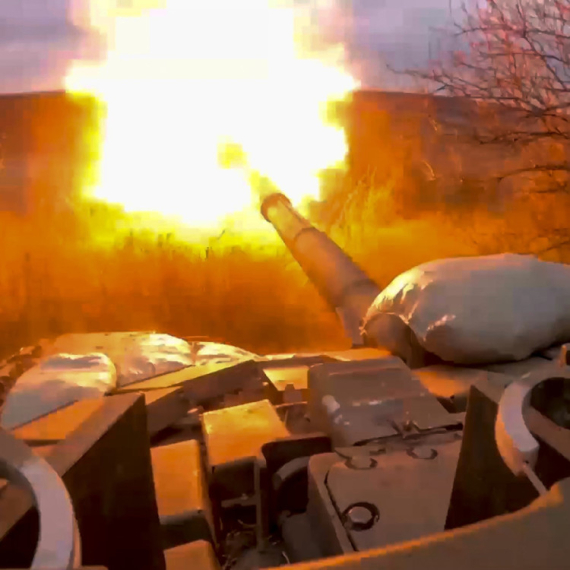
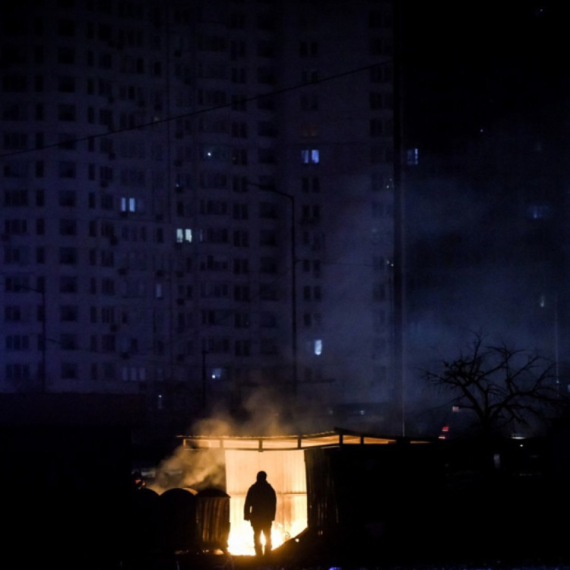











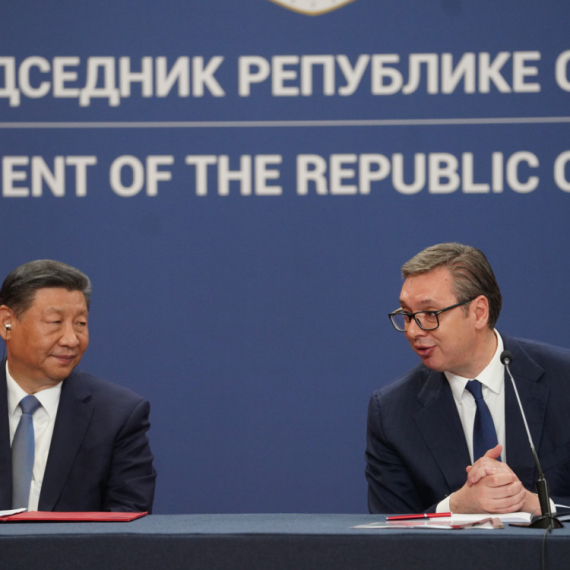

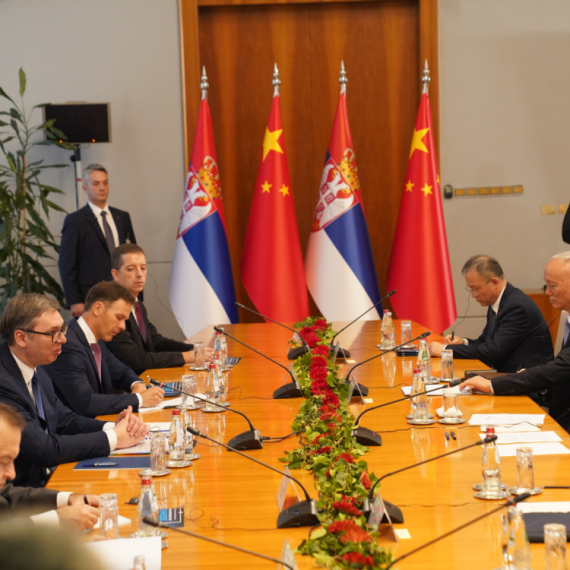
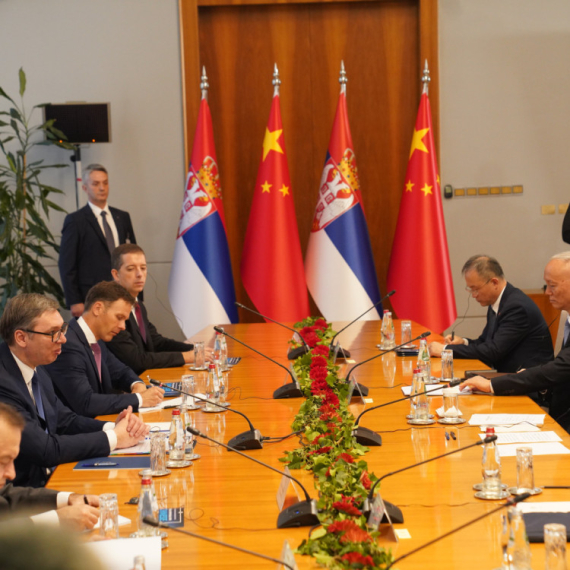
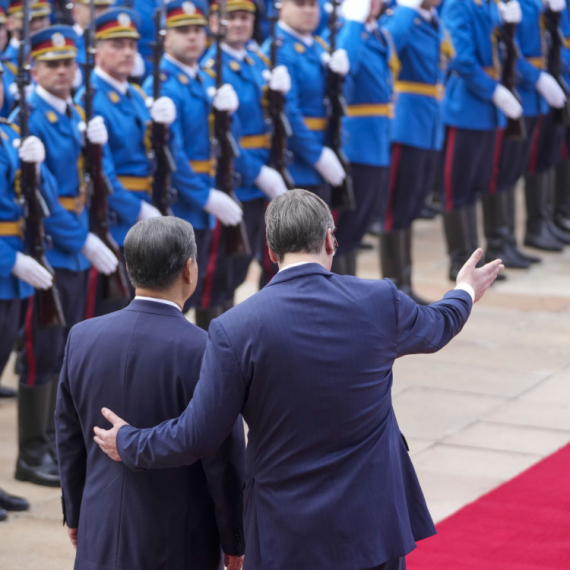











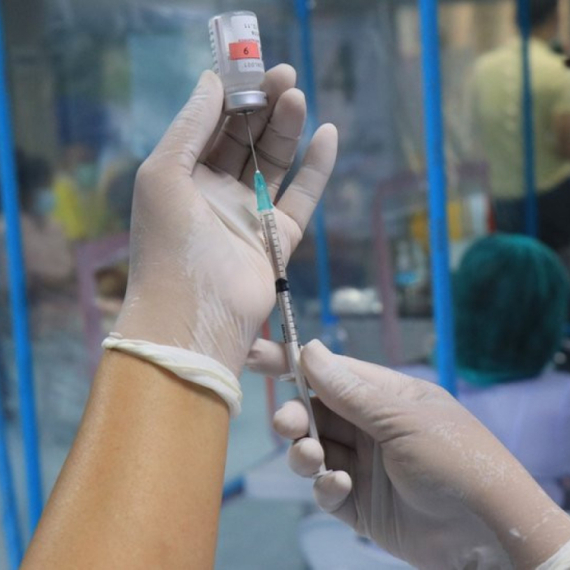

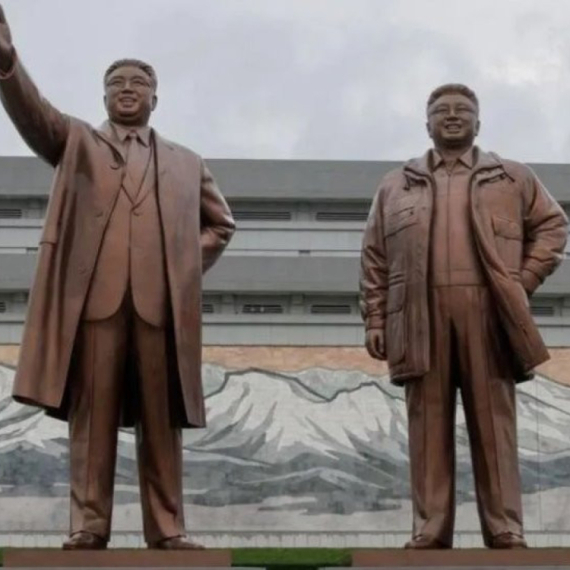


Komentari 0